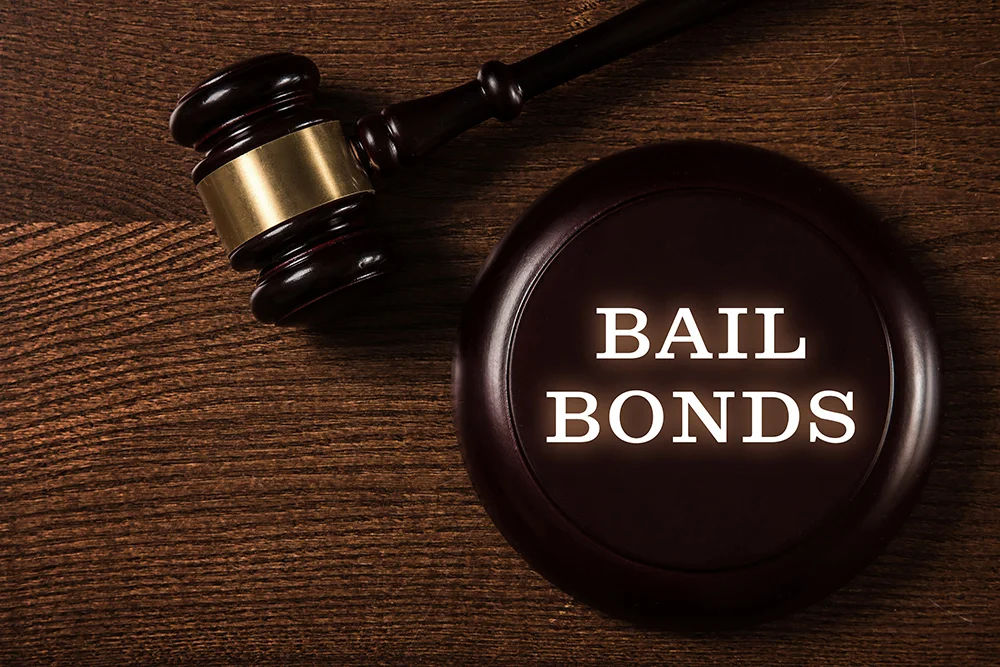Idaho Bail Bond Laws | Massey’s Bail Bonds
Understanding Idaho Bail Bond Laws and Your Legal Rights
Idaho bail bond laws define the state as a right-to-bail jurisdiction. Most people qualify for bail unless specific conditions apply. For instance, the court may deny bail if the charge is punishable by death and strong evidence supports the accusation. Judges may also deny bail in cases involving probation or release violations.
When determining bail, judges consider factors such as:
- The accused
- likelihood to appear in court
- Protection of court integrity and legal rights
- Safety of victims and witnesses
- Overall public safety
Key Terms in Idaho Bail Bond Laws
Understanding basic terms helps you navigate the bail process. Here are several important definitions:
- Bail: Money paid to the court to release aa accused, ensuring court appearances.
- Bail Bond: A financial guarantee provided by a licensed agent and backed by a surety company.
- Bench Warrant: Issued when someone fails to appear or violates release terms.
- Exoneration: The court removes liability from the bail provider after the case concludes.
- Forfeiture: The loss of bail due to a missed court appearance.
- Reinstatement: A judge’s order that restores forfeited bail.
- Revocation: The court cancels bail due to violations.
How Idaho Bail Bond Laws Handle Posting Bail
When you post cash bail and the court convicts the accused, judges deduct fines, fees, and restitution. They then apply leftover funds to other Idaho cases. Judges have full discretion in these decisions.
Forfeiture Rules Under Idaho Bail Bond Regulations
If the accused misses court without a valid reason, the court:
- Records the absence in the minutes
- Orders bail forfeiture
- Issues a bench warrant
The court may set bail on that warrant or require a hearing before release. It must also notify the bail provider in writing within five business days. If the court quashes the warrant within 180 days, it may reinstate or exonerate the bail.
Remittance and Liability
Bail bond companies have 180 days to return the accused to court or custody. If they fail, they must pay the bail in full and may charge the co-signer for the amount.
Exoneration of Bail
Courts exonerate bail when:
- The accused meets all court obligations
- The court never mailed the forfeiture notice
- The accused surrenders voluntarily
- The court revokes bail and holds the accused
Collateral and Fees in Idaho Bail Bond Services
Idaho bail agents must follow these collateral guidelines:
- Keep collateral amounts reasonable
- Place cash collateral in a trust account
- Store non-cash collateral securely
- Return all collateral within 14 days of obligation fulfillment
- Provide a written receipt with a detailed account
Permitted Fees Under Idaho Bail Bond Laws
Bail agents may charge only for:
- Premiums set by the surety company
- Collateral
- Documented, reasonable expenses (notarizations, travel beyond 25 miles, etc.)
They cannot charge any extra service fees.
Early Surrender and Refunds
Agents may surrender an accused early only for good cause, such as:
- The accused moved without notice
- The accused hid or left the area
- The accused breached contract or failed to pay
Without good cause, agents must refund all premiums and return all collateral.
Contact Massey’s for Help Navigating Idaho Bail Bond Laws
Idaho bail bond laws can feel complex. Massey’s Bail Bonds is here to simplify the process. We offer guidance, clarity, and fast support.
Call us anytime at (208) 450-5219 or visit our FAQ page to learn more.





